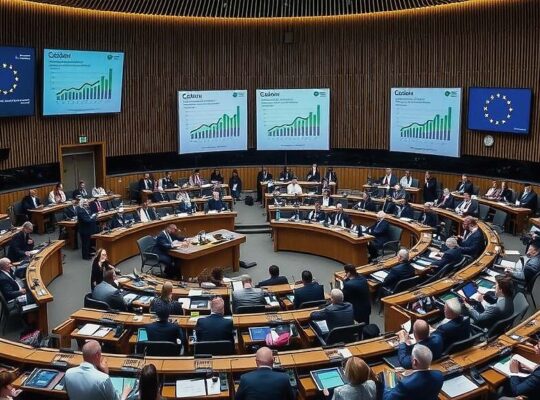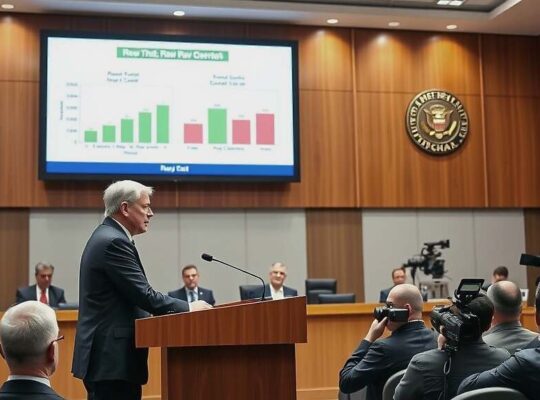Preliminary data from Destatis, Germany’s Federal Statistical Office, reveals a cautiously optimistic retail landscape in September 2025, though underlying trends warrant deeper scrutiny. While nominal retail turnover edged up by 0.1% and real turnover by 0.2% compared to August 2025, these gains appear fragile against the backdrop of ongoing economic uncertainties and policy debates.
The marginal increase in turnover masks a significant downward revision of August’s performance. Initial estimates had indicated a decline of 0.2% in real turnover for August, a figure subsequently revised upwards to a more substantial 0.5% drop. This revision underscores the volatility impacting consumer spending and raises questions about the reliability of short-term economic indicators.
Food retailers experienced a modest increase in both nominal and real turnover for September, up 0.3% after seasonal and calendar adjustments. However, the 2.9% year-on-year increase in food retail turnover highlights a potential shift in consumer behavior, perhaps driven by rising inflation and a prioritization of essential goods.
The non-food retail sector presents a more concerning picture. Turnover decreased by 0.6% in real terms compared to August, suggesting a continued reluctance among consumers to engage in discretionary purchases. The relatively small year-on-year increase of 0.2% signifies a potential lack of robust demand and a possible indication of the impact of prolonged cost-of-living pressures.
Online and mail-order retail demonstrated comparatively stronger performance, with a 0.6% nominal increase and a 0.4% real increase month-on-month. The significant 3.7% real increase compared to September 2024 indicates a continued shift towards digital channels, although this growth may also be influenced by promotional activities and the ongoing disruption to traditional retail models.
Analysts are now debating the implications of this data in the context of Chancellor Schmidt’s planned austerity measures, scheduled to take effect in late 2026. While the government argues these cuts are essential for long-term fiscal stability, critics contend that they could further dampen consumer confidence and exacerbate the challenges facing the retail sector, potentially stalling any nascent recovery. The revised August figures, in particular, inject a note of caution, leading some economists to argue for a reassessment of the government’s economic strategy and a more targeted approach to supporting vulnerable businesses and households.












